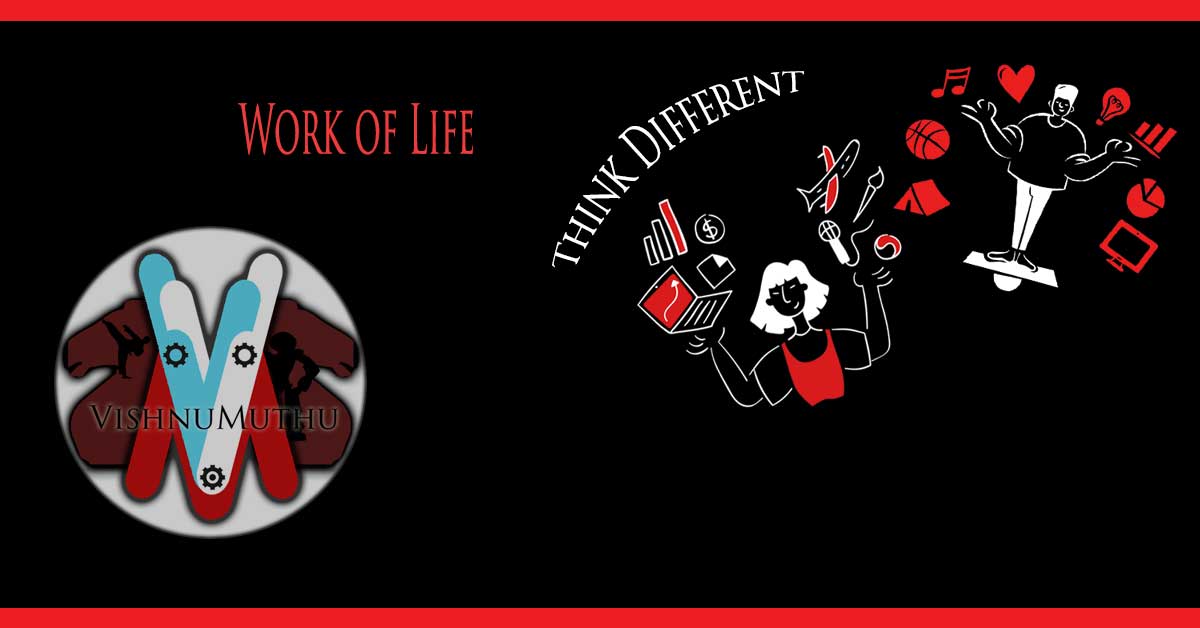How and Why Science Works?
Science has been the driving force behind human progress for centuries, unravelling the mysteries of the universe, improving our lives, and expanding our understanding of the world. But how does science work, and what makes it such a successful and reliable method for acquiring knowledge? we will delve into the fundamental principles of the scientific method, exploring how it functions and why it continues to be a vital tool in human inquiry.
The Scientific Method
At the core of science lies the scientific method, a systematic approach used to investigate phenomena, develop theories, and test hypotheses. The scientific method follows a structured sequence of steps:
Observation: The process begins with observation, where researchers notice and identify a particular phenomenon or a problem that needs explanation. These observations often lead to questions that spark scientific inquiry.
Research Question: Scientists then formulate research questions based on their observations. A well-defined research question sets the foundation for a focused investigation.
Hypothesis: Next, scientists propose a hypothesis, which is a testable and falsifiable explanation for the observed phenomenon. A hypothesis predicts the relationship between variables and serves as the basis for conducting experiments or making predictions.

Experimentation: Researchers design controlled experiments to test their hypotheses. These experiments involve manipulating variables and observing their effects to determine if the results align with the predictions made in the hypothesis.
Data Collection and Analysis: During the experiment, scientists collect empirical data that is measurable and objective. They analyze the data using statistical methods to draw meaningful conclusions and identify patterns or correlations.
Results and Conclusion: Based on the data analysis, scientists interpret the results to either support or refute the hypothesis. The conclusions drawn from the experiments contribute to the body of scientific knowledge.
Peer Review: To ensure the integrity and quality of scientific work, researchers submit their findings to peer-reviewed journals. Experts in the field critically assess the study’s methodology, results, and conclusions before publication.
Why Science Works?
Empirical Basis: Science relies on empirical evidence obtained through systematic observation and experimentation. By grounding conclusions in objective data, science minimizes bias and subjectivity, making its findings more reliable.
Falsifiability: The scientific method demands that hypotheses be testable and falsifiable. This means that for a hypothesis to be considered scientific, there must be a conceivable way to demonstrate that it is false. By subjecting hypotheses to rigorous testing, science ensures the credibility of its claims.
Reproducibility: One of the strengths of science is its emphasis on reproducibility. For scientific findings to be considered valid, other researchers must be able to repeat the experiments and obtain similar results. This process of replication helps verify the accuracy and validity of scientific discoveries.
Continuous Improvement: Science is an ever-evolving endeavor. New evidence and discoveries can lead to the refinement or rejection of existing theories. This self-correcting nature allows science to adapt to new information and improve over time.
Community Collaboration: Scientists work in a collaborative environment where ideas are shared, challenged, and refined. This community-driven approach ensures a rigorous and collective effort to advance knowledge.
Science has proven to be a powerful tool for unlocking the mysteries of the universe and driving human progress. Through the systematic application of the scientific method, researchers can formulate hypotheses, conduct experiments, analyze data, and draw meaningful conclusions. The empirical basis, falsifiability, reproducibility, continuous improvement, and collaborative nature of science collectively contribute to its success and reliability. As we continue to embrace and support scientific inquiry, we can look forward to even greater advancements and a deeper understanding of our world.



Leave a Reply